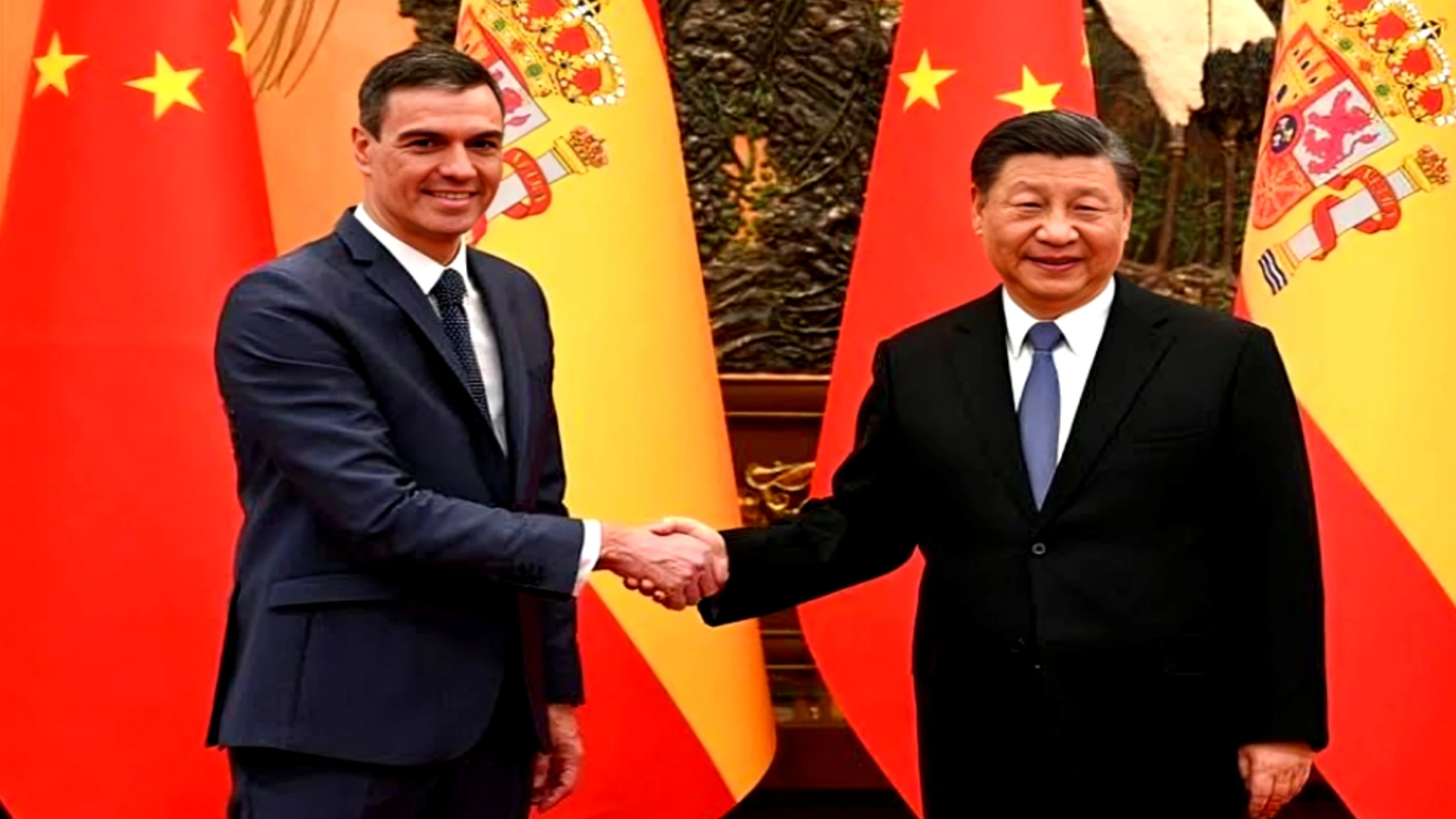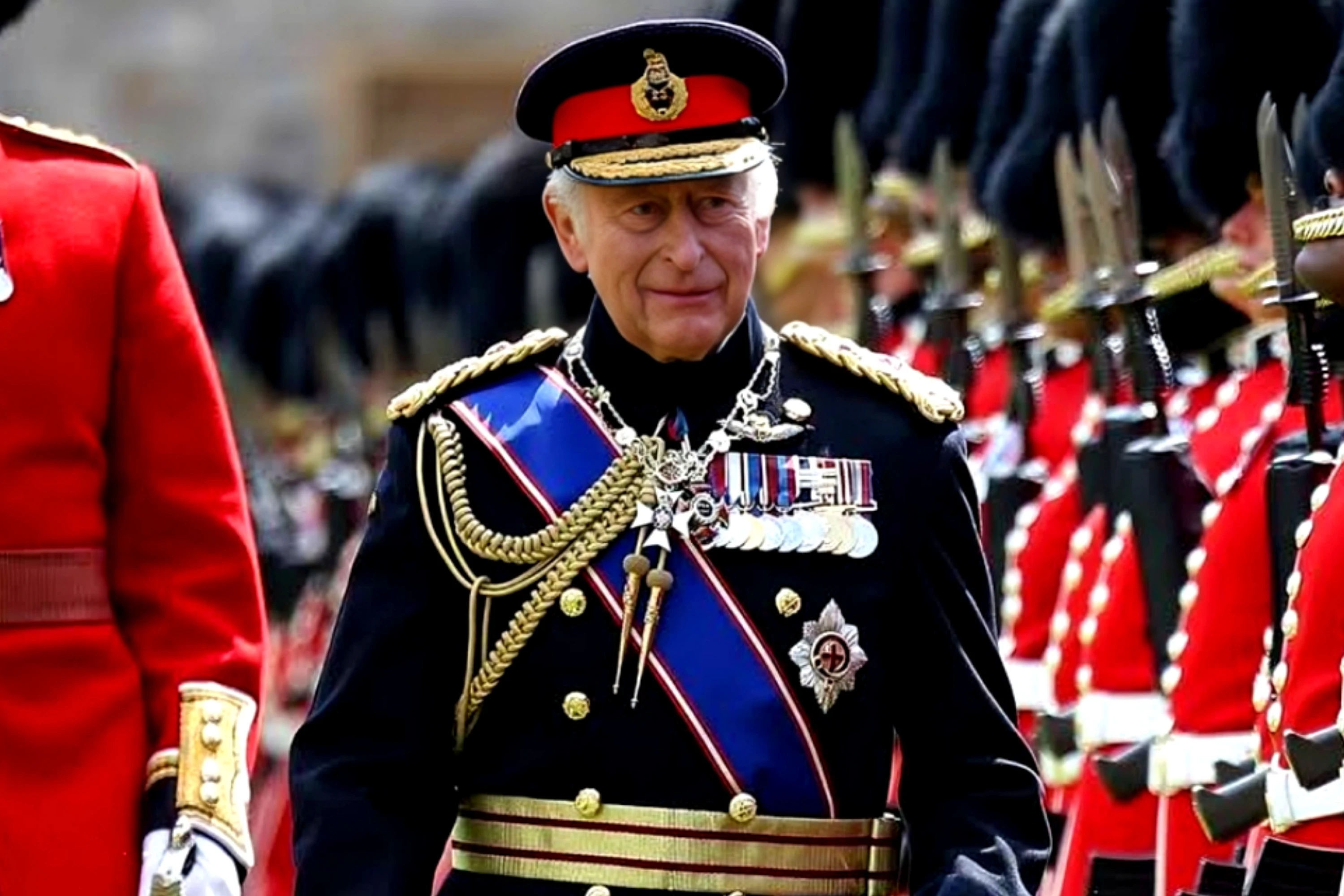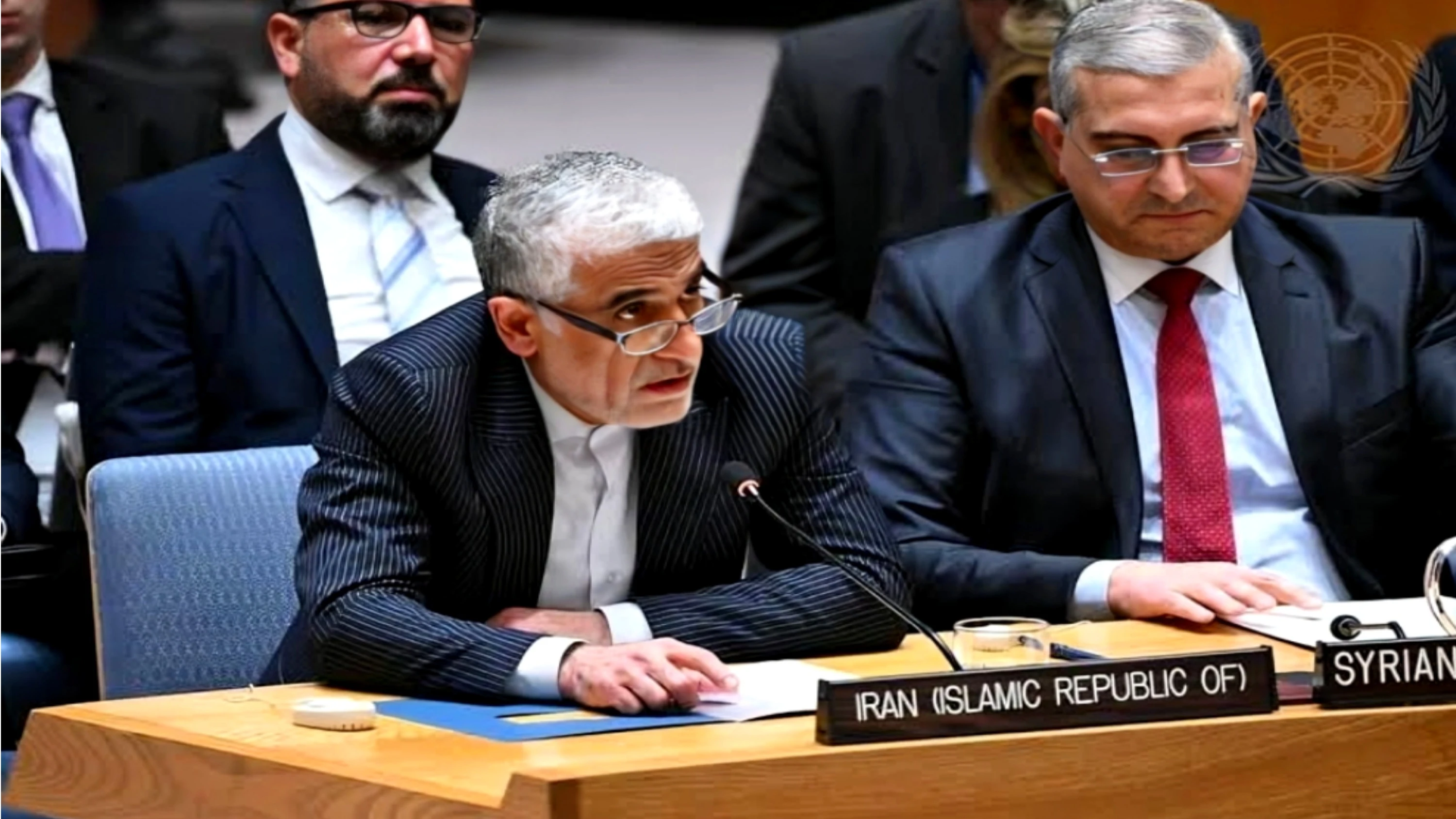Beijing: Spanish Prime Minister Pedro Sánchez has arrived in China on the second leg of his Asian diplomatic tour, a move that has drawn sharp criticism from Washington amidst escalating global trade tensions triggered by the U.S.'s ongoing tariff standoff under President Donald Trump.
Sánchez's trip follows his stop in Vietnam, where he applauded the recent suspension of U.S. tariffs—excluding China—for 90 days. Speaking in Ho Chi Minh City, Sánchez described the pause as “an opening for dialogue and international cooperation.”
However, ahead of his arrival in Beijing, the White House cautioned Madrid about strengthening ties with China. In a Fox News interview, U.S. Treasury Secretary Scott Bessent issued a stern warning, suggesting that aligning with Beijing would be a "self-defeating move" for Europe, equating it to "cutting your own throat."
Sánchez’s trip marks the first official visit by a European leader to China since the latest trade tensions erupted. Trade relations between Madrid and Beijing have grown steadily, although heavily skewed in China’s favor. In 2024, Spain imported over €45 billion worth of goods from China, while exports amounted to just €7.4 billion. This imbalance places China as Spain’s fourth-largest trading partner and a top supplier, yet it ranks only twelfth among destinations for Spanish goods.
Despite the trade disparity, Sánchez emphasized the value of global cooperation and open markets. “Spain stands for multilateralism and openness. Trade must connect our societies and foster shared prosperity,” he said in Vietnam.
Key imports from China include machinery, textiles, and consumer electronics, with vehicles and motorcycles becoming increasingly significant. Meanwhile, Spain mainly exports industrial materials, chemicals, and minerals to the Chinese market. Over 14,500 Spanish businesses are currently engaged in trade with China.
Investment flows between the two countries remain relatively modest, but balanced. In 2023, Chinese firms invested €131 million in Spain, while Spanish investments in China totaled €91 million. Both governments are eyeing expanded cooperation in technology, energy, and logistics.
Beijing responded to Washington's criticisms with strong language. Chinese Foreign Ministry spokesperson Lin Jian denounced the U.S.'s tariff strategy, accusing it of bullying and coercion. “If anyone is cutting throats, it is the U.S., using tariffs to intimidate and pressure other nations,” Lin stated.
He also highlighted the importance of Spain-China trade, citing a 4.3% growth in Spanish exports to China in 2024, with bilateral trade surpassing €44 billion.
Spain’s government, led by the Socialist Workers’ Party, has stood firm in the face of U.S. disapproval. Agriculture Minister Luis Planas reaffirmed Spain’s commitment to growing its partnership with China, saying, “Our commercial relations are strong, and we aim to deepen them further.”








